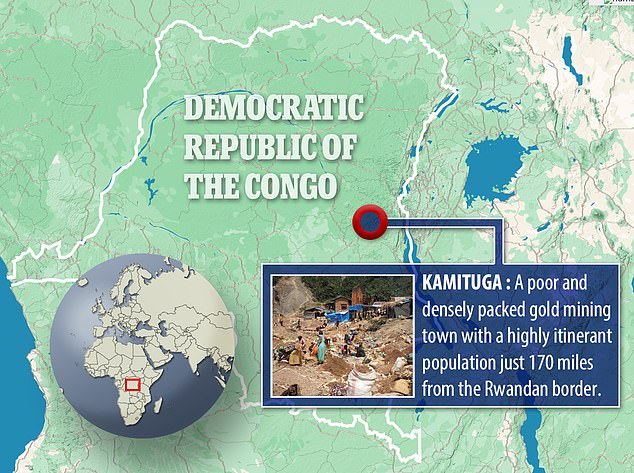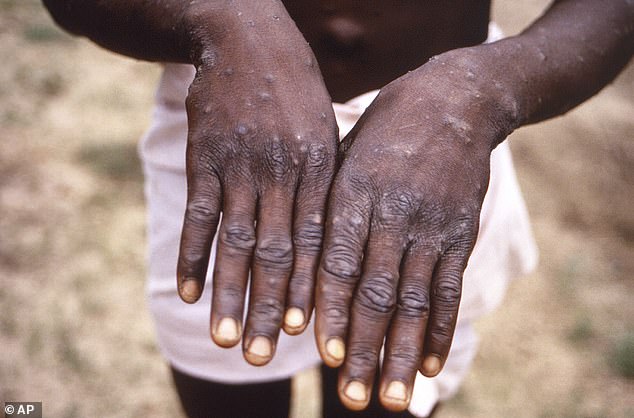The World Health Organization has declared an ultra-deadly strain of monkeypox a global public health emergency for the second time in two years.
Authorities said Wednesday that an outbreak of the strain in the Democratic Republic of Congo is a “public health emergency of international concern,” the WHO’s highest alert level.
The hope is to speed up research and garner more funding and public health measures to contain the disease, which has already spread to several countries neighbouring the DRC.
The announcement comes a week after the WHO expressed concern about the “potential for further international spread within and beyond Africa.”
The telltale signs of MPOX are rashes and skin lesions. Muscle aches, swollen lymph nodes, headaches, and chills are also common.

WHO Director-General Dr Tedros Adhanom Ghebreyesus said on Wednesday: “It is clear that a coordinated international response is essential to stop these outbreaks and save lives.”
According to the Africa Centres for Disease Control and Prevention, more than 17,000 suspected cases of monkeypox (MPOX) and 517 deaths have been reported on the African continent this year alone. This is a 160 percent increase compared to the same period last year.
In total, 13 countries have reported cases, and in the past month, at least 50 cases of Mpox have been reported in four other countries bordering the Democratic Republic of the Congo, countries that had not previously experienced the virus.
These include Burundi, Kenya, Rwanda and Uganda.
Mpox caused an international epidemic in 2022 when it spread to more than 100 countries and killed hundreds of people, including 58 Americans.
That outbreak was caused by the milder clade 2 strain, which is rarely fatal.
But for more than a year, the Democratic Republic of Congo has been struggling to contain a more lethal version of the virus, known as “clade 1a,” which kills up to 10 percent of those infected.
The new mutated strain, called “clad 1b,” appears to be equally deadly.
In a report released in May, U.S. CDC officials called this the “largest increase in Mpox cases ever recorded” in the Democratic Republic of the Congo.
Clad 1b has been confirmed in Kenya, Rwanda and Uganda and the virus detected in Burundi is still being analysed.


